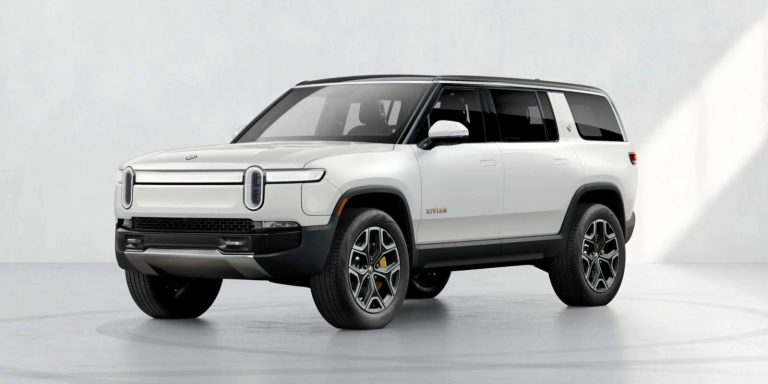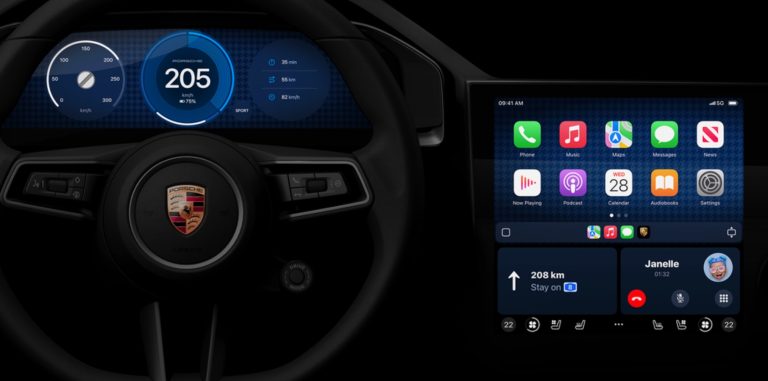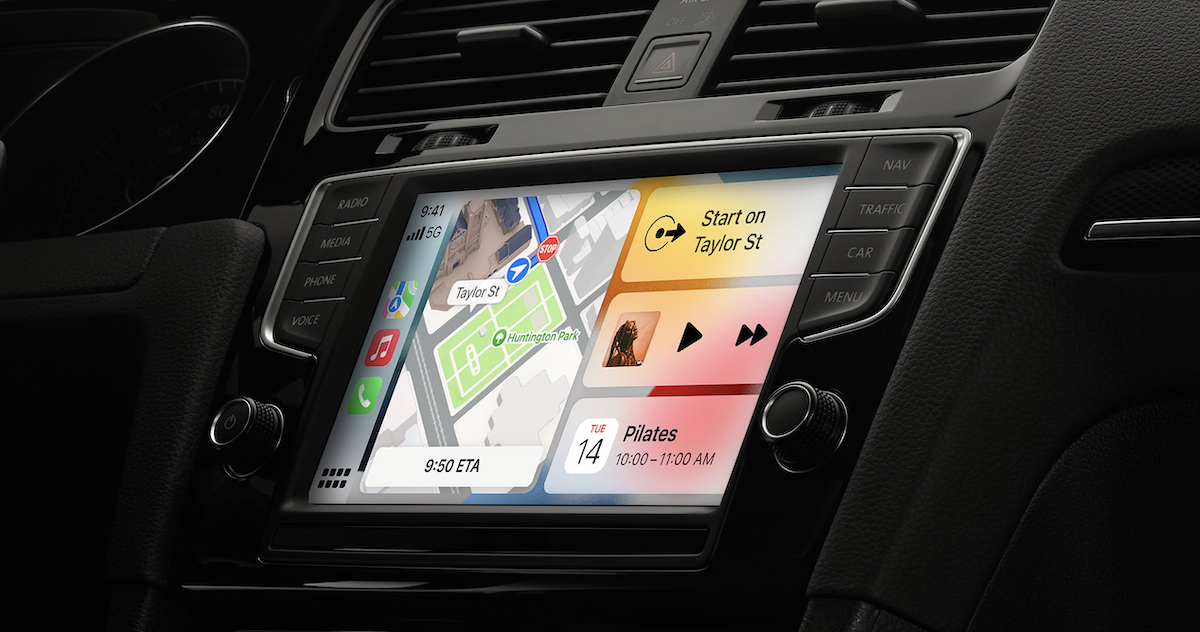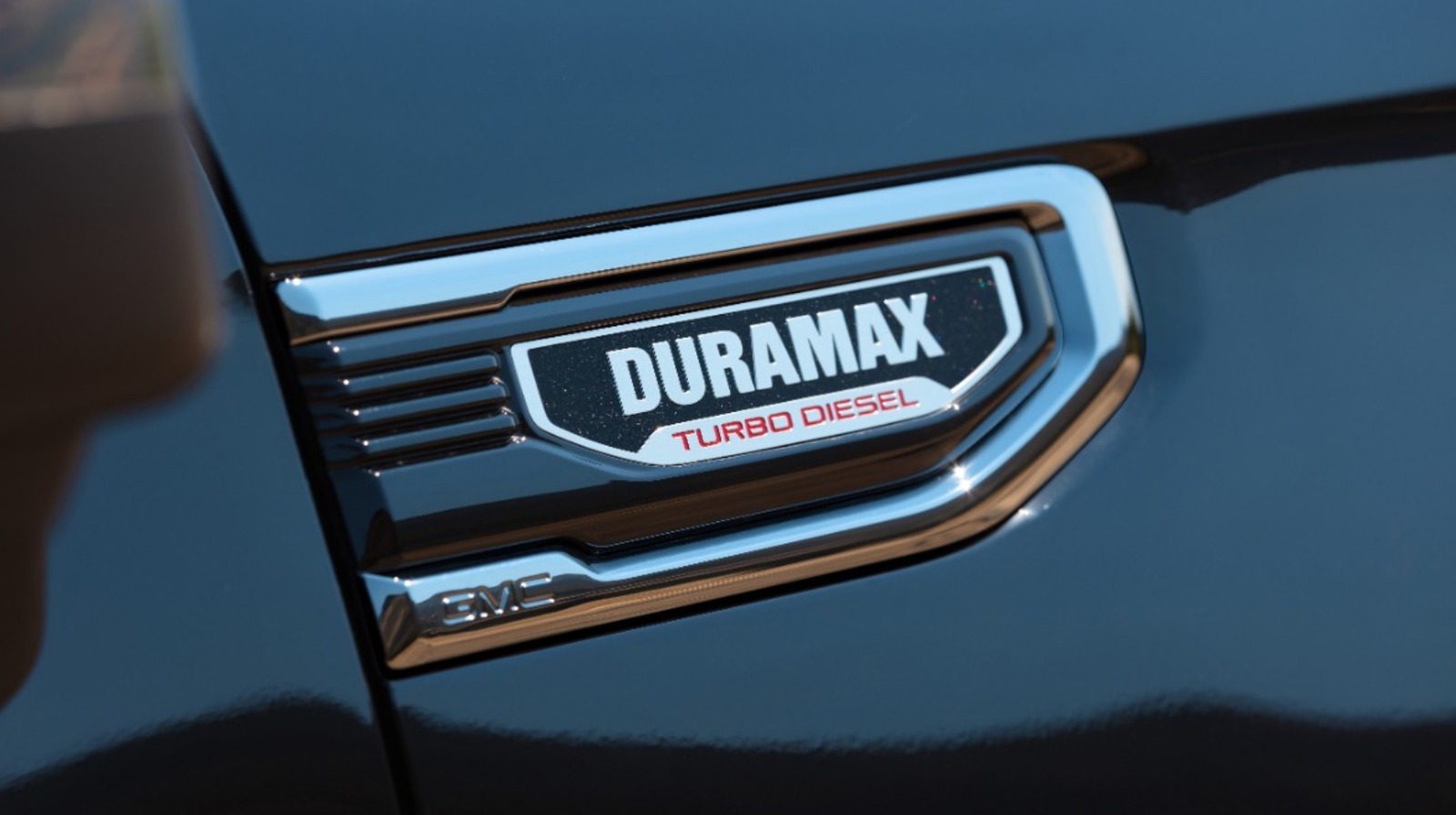Yesterday, Bloomberg‘s Mark Gurman reported that the Apple Car dream was dead after billions of dollars invested over almost a decade in a project fated to fail. Over the years, BGR reported on changes in the team’s leadership, key executives and engineers leaving Cupertino, and even Apple realizing it couldn’t create a self-driving vehicle just yet.
While I must admit I’d have been intrigued to see Tim Cook actually announce the Apple Car, I couldn’t help but wonder where this project would fit into the chaotic Apple lineup. We would have a few iPhones, iPads, Macs, some AirPods and HomePods, an Apple TV, a spatial computer, and… an electric vehicle.
I know we’ve been told that EVs are the future, but when you take a step back from this American vision that a car is necessary, you’ll see that massive companies like Apple should be focusing on other, more sustainable modes of transportation.
But don’t worry, I don’t want to infuse an agenda into the discussion. So this is why I think an electric vehicle didn’t make sense for Apple.
Apple wants to save the environment – making a car would do the opposite
Apple has an ambitious plan to be carbon-neutral by 2030. While it has just announced its first carbon-neutral products, several organizations have noted that, of course, no Apple product is truly carbon-neutral. It is a fact that Apple lowered its carbon emissions, and getting closer to zero is important. Still, the only way to stop wasting Earth’s resources would be to stop releasing products and removing raw materials from Earth.
This sounds utopic, and neither Apple nor any other big tech company will stop investing in new products, new data centers, etc. But creating a car, even if it only uses electricity, wouldn’t help the environment. First, Apple would need to develop the vehicle, which requires using countless resources that take a toll on our planet.
Then, the car would need to be shipped from China to the US. Comparatively, do you think Apple can ship more iPhones or vehicles in a cargo ship? If the company starts accounting for everything it would need to do to make this car green, it couldn’t be worth it.

Also, this is one of the few products where I don’t think Apple would need to control both the hardware and the software. Its CarPlay solution is already stellar, and many people opt to buy a vehicle that has it because they enjoy the company’s ecosystem.
Apple can be a part of most American vehicles without being the one to blame for CO2 emissions and all the other issues the car industry causes.
What’s next for Apple in the EV market? CarPlay

During WWDC 2022, Apple teased the future of CarPlay. Then, at the end of 2023, the company revealed which carmakers would be adding this new technology to their cars in 2024. And they looked incredible.
This next generation of CarPlay covers the vehicle’s digital display for a cohesive experience designed specifically for each vehicle by “accommodating unique screen shapes and layouts” with new levels of personalization, allowing drivers to choose their gauge cluster design, including brand-specific options.
Apple is a key player in the car market without having to build or ship its own vehicle.
The EV market will surely continue to grow. Still, if Apple is already struggling to maintain its current lineup of products – remember last year when we were bored by virtually every operating system update because Apple was focusing so heavily on Vision Pro? – why would it enter a competitive field it doesn’t know anything about?
The company has also been missing in action on the AI trend for a few years now, so it’s better for Apple to focus on what it already offers than adventuring into a field that isn’t compatible with the future it says it wants to deliver.







